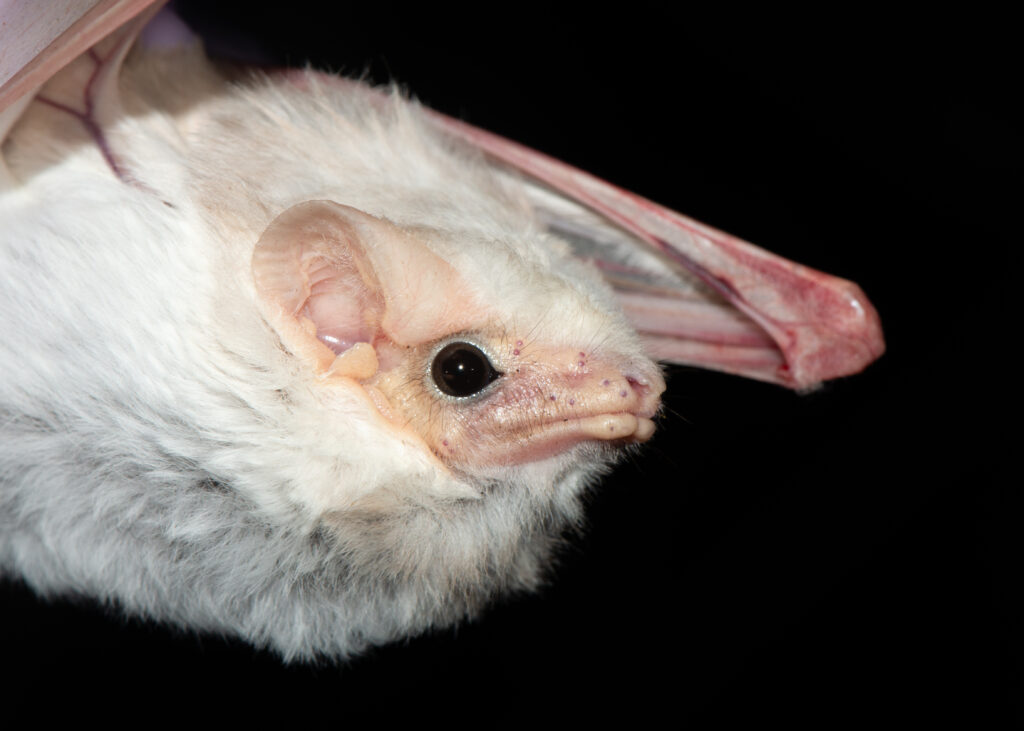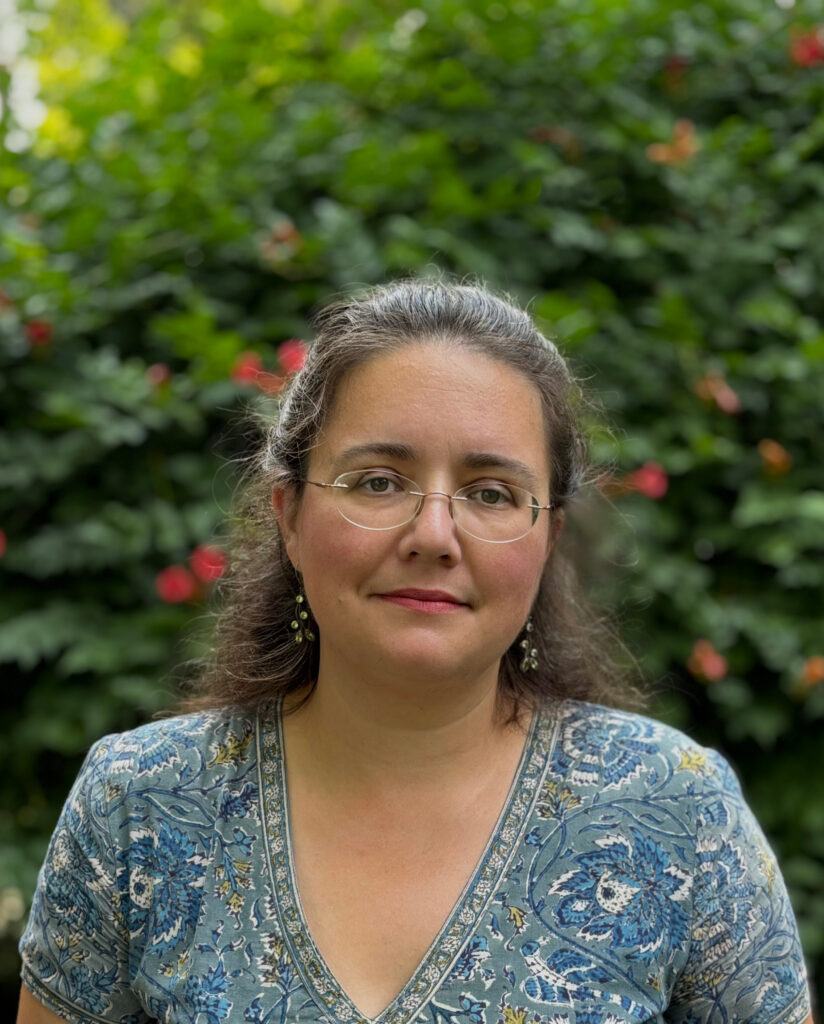Here's what we do
The ecological challenge of our time is to rapidly measure biodiversity and assess the effects of environmental change on species interactions. The biodiversity crisis coupled with climate change is producing rapid environmental alterations that threaten every aspect of life for every organism on the planet.
In our research group we are developing and applying novel technological approaches to monitor biodiversity, identify species interactions, and assess ecosystem level responses to changes so that effective predictions can be made about future events.
We've used eDNA in water to monitor fish, iDNA in leeches to monitor vertebrates and DNA in faeces to work out predator-prey and seed dispersal relationships. We have developed a mobile laboratory to sequence DNA in a Belize jungle.
Check out this amazing art installation by Joseph Gregory Rossano depicting eDNA
You can read and listen to a profile of our annual trip to Belize to study bats on NPR

Most recently we invented a way to extract mammal DNA out of air samples. This new "airDNA" represents an exciting new opportunity to monitor terrestrial life, particularly elusive animals underground or deep in caves.
We have recently demonstrated that the thousands of air-quality monitoring stations around the world have been quietly collecting this material every day for decades. This is an astonishing resource for measuring terrestrial global biodiversity.
See coverage of our airDNA work in Science here and here, in Nature, Wired, The Globe and Mail
Listen to Prof. Clare discuss vacuuming DNA out of the sky on Genetics Unzipped, Quirks and Quarks and Short Wave
Listen to Prof. Clare in conversation about eDNA on the Naked Scientist podcast and ABC Radio Australia's Future Tense
Listen to Prof. Clare discuss eDNA and BIOSCAN on Science Friday
A french language documentary on airborne eDNA can be found here:
Check out our MEDIA page for TV, Radio, Podcasts and Print coverage of the lab
SEE BELOW: A VIDEO about our development of airborne eDNA analysis and how we now think we can survey entire continents... maybe the world.

We are always happy to collaborate. Contact the lab at eclare@yorku.ca
Follow on Mastodon
@ProfBatGirl@ecoevo.social
Follow on Twitter
@Dr_bat_girl
Twitter feed

